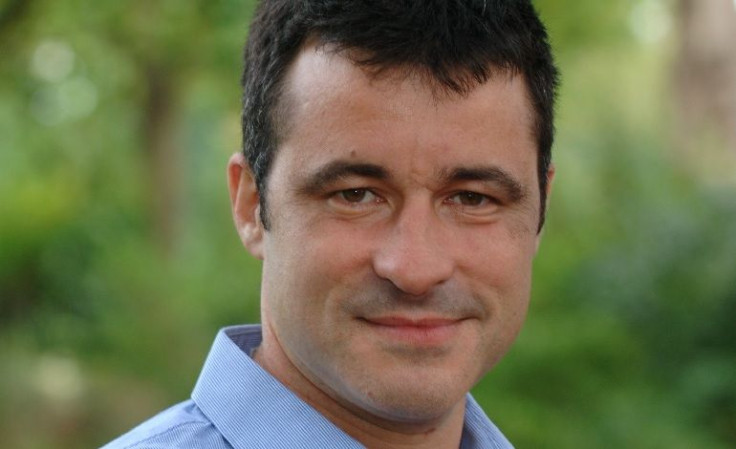
Mark Kenber is an economist who has worked on climate change for nearly twenty years and is an expert on international climate policy. Before becoming CEO of The Climate Group in 2011, Mark was the company's Deputy CEO and Policy Director. In his role as Policy Director, Mark advised former UK Prime Minister Tony Blair in the joint policy initiative Breaking the Climate Deadlock (2007-2009), which produced a series of high-level reports outlining the economic and technological rationale for a global climate deal and its key components. He also co-founded the successful Verified Carbon Standard (formerly Voluntary Carbon Standard - VCS), now the most popular kite mark for the $400 million voluntary carbon market.
Immediately prior to joining The Climate Group, Mark was Senior Policy Officer at WWF’s International Climate Change Programme, focusing on carbon market and finance issues. During this time he worked on the creation of the CDM Gold Standard, a tool for channelling carbon market investments into sustainable clean energy projects. He has also served as Director of Planning at Fundacion Natura, Ecuador’s largest environmental organization, and climate change advisor to the Ecuadorian government.
Mark has taught at universities in both the UK and Ecuador and is a frequent speaker at public events. He has published widely on environmental policy and climate change and is a regular commentator in the press. He lives in Brighton and is married with one daughter. Latin times spoke with Mr. Kenber about his work and involvement with Climate Change and this is what he shared wih us.
Latin Times: Mark, what interests you about our climate and what exactly encouraged you to work at The Climate Group?
Mark Kenber: I first started working on climate change nearly 20 years ago. I was living in Ecuador and an opportunity came up. I was teaching in a University and in a Latin American Network that was working with Climate Change. This is something that immediately fascinated me ever since. One reason is because it clearly encompasses the whole of our society and economy, it’s not like other environmental issues or social issues, which are very specific and can be dealt with in isolation. If you look at climate change you have to look at the way the economy and society work. I am a development economist skilled in development studies; the relationship between industrial strategy, employment and the environment with the climate pulled all those strands together. Think about agriculture, water supplies, heat and natural disasters, if we didn't have a balance of our climate then we wouldn't have that.
LT: What is the mission of your organization and what services does it offer?
MK: Our mission is to inspire and capitalize leaders from around the world. If we want to keep global temperatures increases below 2 degrees, which is roughly the level where scientists say altitude of degrees get a little bit scary, in the contrary you may have changes that are irreversible and much bigger storms. Therefore, we need leaders, those people that can make decisions, company techs, CEO's, Presidents, Majors, etc. to say “yep” we are going to peak our emissions now. However, it is not just cutting the emission, it is thinking about how do we create a future that's sustainable and prosperous. Our mission is also to work with those leaders and thousands of people around the world.
LT: The Climate Change Conference “COP20” was hosted in Lima Peru this year. What were the most important developments discussed and news shared during your attendance at the conference?
MK: I think there were two strands of what happened in Lima. There were negotiations, which have been going on for 35 years through the Rio Convention, etc. Those negotiations are about how do we keep emissions from increasing in the next five years. There is also a new climate international agreement through 2020, which is already designed, and those are some of the negotiating processes that will finish in Paris next year. The aim of the meeting here was to agree the negotiating text and what it will be exactly about next year. Taking into account different positions in different countries. It's been agreed already that next year every country in the world has to present their plan. Each country will have to explain what their plan will be like.
LT: From your personal perspective can you please explain exactly how is investing in low carbon technologies beneficial towards climate change?
MK: The main cause of climate change is carbon dioxide. Carbon Dioxide is created by burning wood, coil, gas, oil, or by burning soil and all those processes create carbon dioxide. Coal is by far the worst and dirtiest. We want to reduce these processes. We can do so many things with those investments to save energy, save money and make people in companies more productive. So that's where the win win is, you can use far less carbon dioxide and more renewable energy which helps climate change and also save money.
© 2025 Latin Times. All rights reserved. Do not reproduce without permission.





